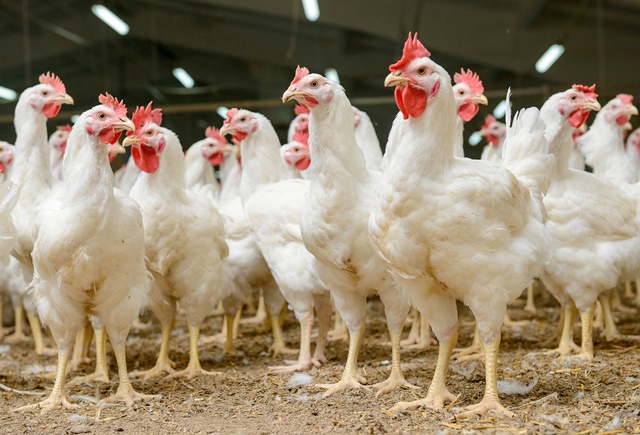The U.S. Department of Agriculture (USDA) is evaluating the feasibility of introducing a vaccine for poultry to combat avian influenza, marking a potential first for the U.S. This comes after devastating outbreaks of the virus, which led to the culling of nearly 175 million birds since 2022, significantly affecting the poultry sector. The USDA is considering the impact on international trade and whether the vaccination would trigger export restrictions.
Egg and turkey producers have been hit hardest by the virus, resulting in significant price hikes, including record egg prices, as egg-laying chickens were wiped out. In response, the USDA committed up to $100 million for research into vaccines and other solutions to curb the disease.
A detailed plan for vaccination is expected by July, as USDA works with federal, state, and industry stakeholders to gauge the potential effect on trade. Concerns remain, particularly among chicken meat producers who fear that vaccinations could lead to export bans, as some countries may view the vaccine as a means of masking the virus. These concerns are heightened by the fact that chicken meat exports are more critical to producers than egg and turkey exports.
Despite these challenges, egg producers argue that vaccination is essential to protect their flocks, with some proposing an initial vaccination for chicks followed by booster shots and regular testing. The debate continues as the USDA moves closer to finalizing a plan that could reshape the poultry industry’s approach to bird flu.


